7 Strange Cultural Facts About North Korea
Inside North Korea
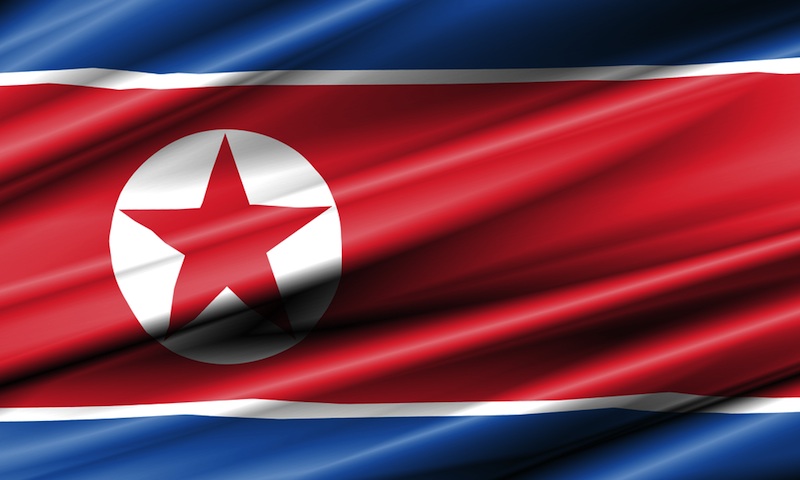
In a world where online communication and globalization have broken down international barriers, North Korea stands alone as unusually isolated. The 24 million or so residents of the country live under a familial dictatorship that frequently threatens attacks against South Korea and its ally, the United States.
Amid this brinksmanship, North Korea remains remarkably shut off from the rest of the world. Read on for what's known about the hermit country.
Isolation nation
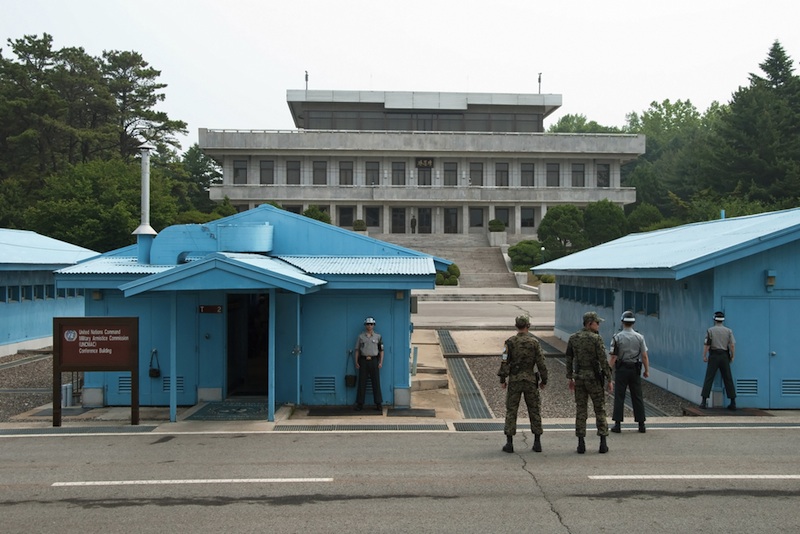
The Korean peninsula has long been a battlefield for the world powers nearby. Japan controlled Korea (then one nation), until the end of World War II; after Japan's surrender, the United States and Soviet Union sliced the country along the 38th parallel, with the United States administering the south and the Soviet Union controlling the north.
This division became permanent after the United Nations failed to negotiate a reunification in 1948. The first president of North Korea, Kim Il Sung, declared a policy of "self-reliance," essentially shutting the nation off diplomatically and economically from the rest of the world.
It's a philosophy called iuche, or self-mastery. The idea is that the North Korean people must rely on themselves only. This philosophy, according to Kim Il Sung, required North Korea to maintain political and economic independence (even in the face of famine in the 1990s) and to create a strong national defense system.
Mythical leaders
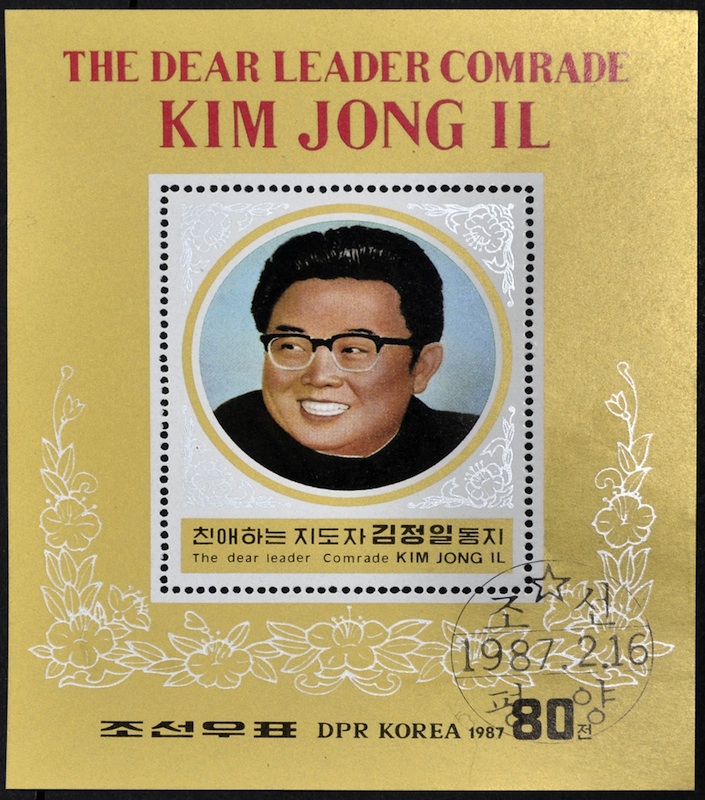
North Korea's ruling dynasty has always cast itself as somewhat supernatural. Founder Kim Il Sung was known as Korea's "sun," and claimed control of the weather. Along with his son Kim Jong Il's birthday, Kim Il Sung's birthday is a national holiday. After his death, Sung was embalmed and still lies in state in Pyongyang.
Kim Jong Il's mythology is no less extensive. His birth was hailed as "heaven sent" by propagandists, and state media has often touted impossible feats: He scored a perfect 300 the first time he tried bowling, and shot five holes-in-one the first time he played golf. Upon his death in 2011, the skies about the sacred mountain Paektu in North Korea allegedly glowed red. [Supernatural Powers? Tales of 10 Historical Predictions]
Get the world’s most fascinating discoveries delivered straight to your inbox.
Kim Jong Un, Kim Jong Il's son and successor has yet to have quite so many tall tales told about him, but the news media have described the new leader as "born of heaven" upon his ascension to head of state. In December 2012, North Korean state media declared the discovery of a lair supposedly belonging to a unicorn ridden by Tongmyong, the ancient mythical founder of Korea. The story wasn't an indication that North Koreans believe in literal unicorns, experts said, but a way to shore up Kim Jong Un's rule and North Korea's cred as the "real" Korea.
National prison
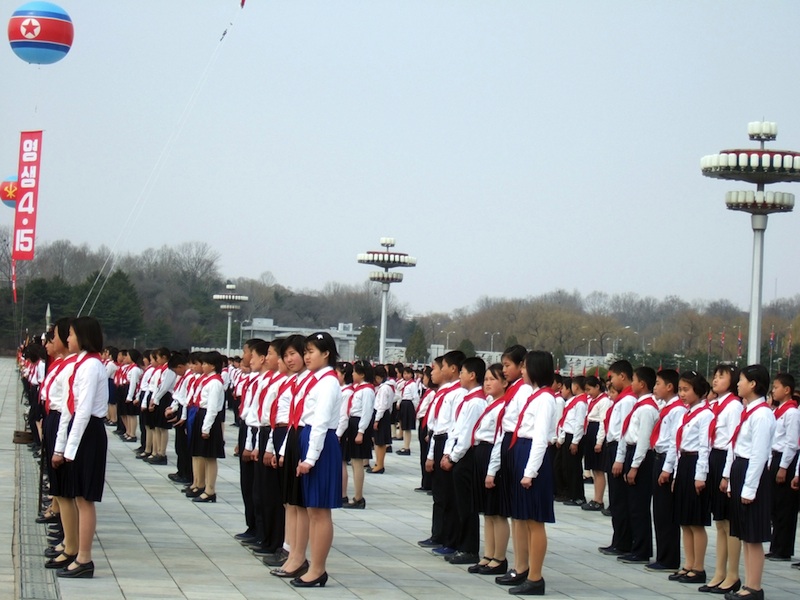
All the fanciful and funny myths about North Korea's dictators cover up a disturbing truth, however: Some 154,000 North Koreans live in prison camps, according to South Korean government estimates. (Other international bodies put the number at closer to 200,000). There are six camps, surrounded by electrified barbed wire. Two camps allow for some "rehabilitation" and release of prisoners, according to "Escape from Camp 14: One Man's Remarkable Odyssey from North Korea to Freedom in the West" (Viking, 2012). The rest are prisons for life.
"Escape from Camp 14" tells the story of Shin Dong-hyuk, the only person known to have escaped from one of these camps and to have made it to the outside world. Shin was born in the camp; his father was imprisoned because his brother had abandoned North Korea for South Korea decades earlier.
Torture, malnutrition, slave labor and public execution are ways of life in the camps, which are known from satellite imagery. An Amnesty International report in 2011 estimated that 40 percent of camp prisoners die of malnutrition.
Daily life in North Korea
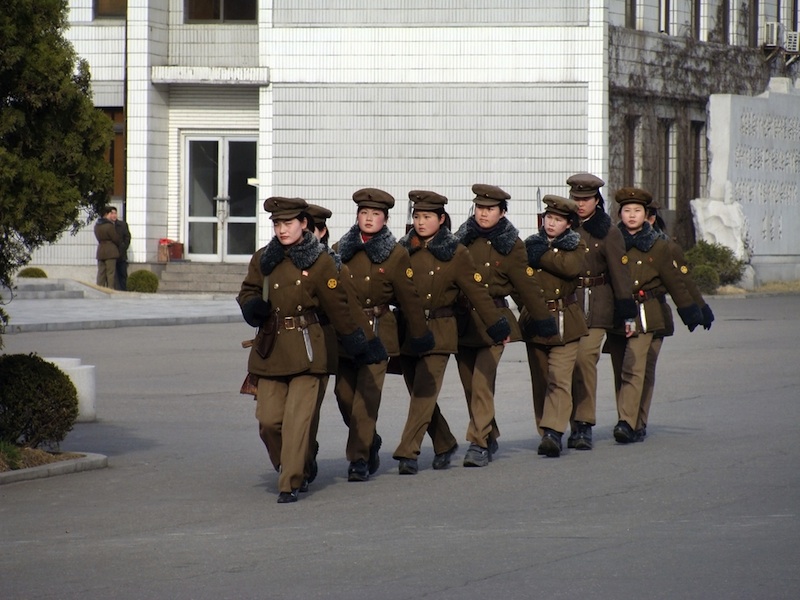
Given North Korea's secrecy, it's hard to imagine what daily life in the country is really like. In the book "Nothing to Envy: Ordinary Lives in North Korea" (Spiegel & Grau, 2009), journalist Barbara Demick interviewed North Koreans who escaped to South Korea. They describe a society tied by family (during the famine of the 1990s, parents and grandparents starved first, trying to save food for their children) and inundated with propaganda.
"In the futuristic dystopia imagined in 1984, George Orwell wrote of a world where the only color to be found was in the propaganda posters. Such is the case in North Korea," Demick writes.
It's not clear how many North Koreans buy into this propaganda. Interviews with North Koreans in China by the New York Times suggested that smuggled DVDs from South Korea have enabled average North Koreans to get a glimpse of the world outside their borders.
Very recently, foreign journalists on supervised trips in Pyongyang have been allowed 3G connections on mobile phones, enabling real-time pictures of daily city life.
Black markets

North Korea may have begun with communist principles in mind, but very capitalist black markets have arisen despite government crackdowns, according to The Economist. Some black market merchants even manage to move goods across the border from China, bringing in food and raw materials crucial to the country's functioning. Smuggled South Korean DVDs combat the propaganda of the Kim regime, which tells its citizens that South Koreans are worse off than they.
Even the government's own tools have been co-opted, according to "Escape from Camp 14." Vehicle ownership in North Korea is allowed only for the military and the government, and travel for citizens is severely restricted. But in the 1990s, corrupt military and party elite made a habit of registering vehicles and then hiring private drivers to pick up people who needed transportation, essentially creating private taxi companies that are crucial to smuggling operations around the country.
Internet lockdown

The Internet is almost completely inaccessible in North Korea, with access only by permission and for government authorities. North Koreans with access to a computer (people living in major cities, primarily) can reach only Kwangmyong, a closed domestic network.
Until this year, reporters traveling to North Korea had to turn in their mobile phones at the border. But in February, the government enabled 3G access — for foreigner visitors only.
Difficult adjustments
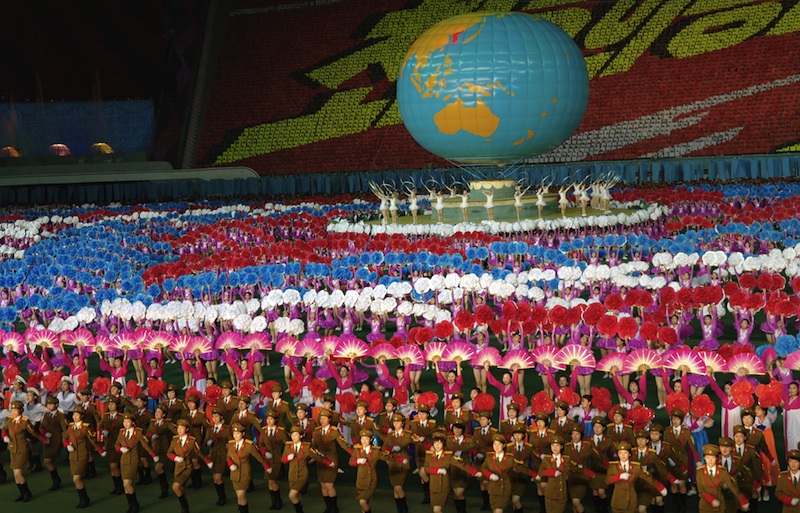
With such limited access to the outside world, North Koreans who do make it out often struggle to adjust. Many are paranoid, a skill that served them well at home where anyone could turn anyone else in to the police for saying the wrong thing. Some are cognitively impaired by early malnutrition. And few know anything about world history outside of North Korean propaganda. [Top 10 Controversial Psychiatric Disorders]
"Education in North Korea is useless for life in South Korea," Gwak Jong-moon, principal of a boarding school for North Korean refugees, told Blaine Harden, the author of "Escape from Camp 14." "When you are too hungry, you don't go to learn and teachers don't go to teach. Many of our students have been hiding in China for years with no access to schools. As young children in North Korea, they grew up eating bark off trees and thinking it was normal."
According to Harden, the suicide rate for North Korean refugees in South Korea is two-and-a-half times that of the rate for South Koreans.

Stephanie Pappas is a contributing writer for Live Science, covering topics ranging from geoscience to archaeology to the human brain and behavior. She was previously a senior writer for Live Science but is now a freelancer based in Denver, Colorado, and regularly contributes to Scientific American and The Monitor, the monthly magazine of the American Psychological Association. Stephanie received a bachelor's degree in psychology from the University of South Carolina and a graduate certificate in science communication from the University of California, Santa Cruz.


